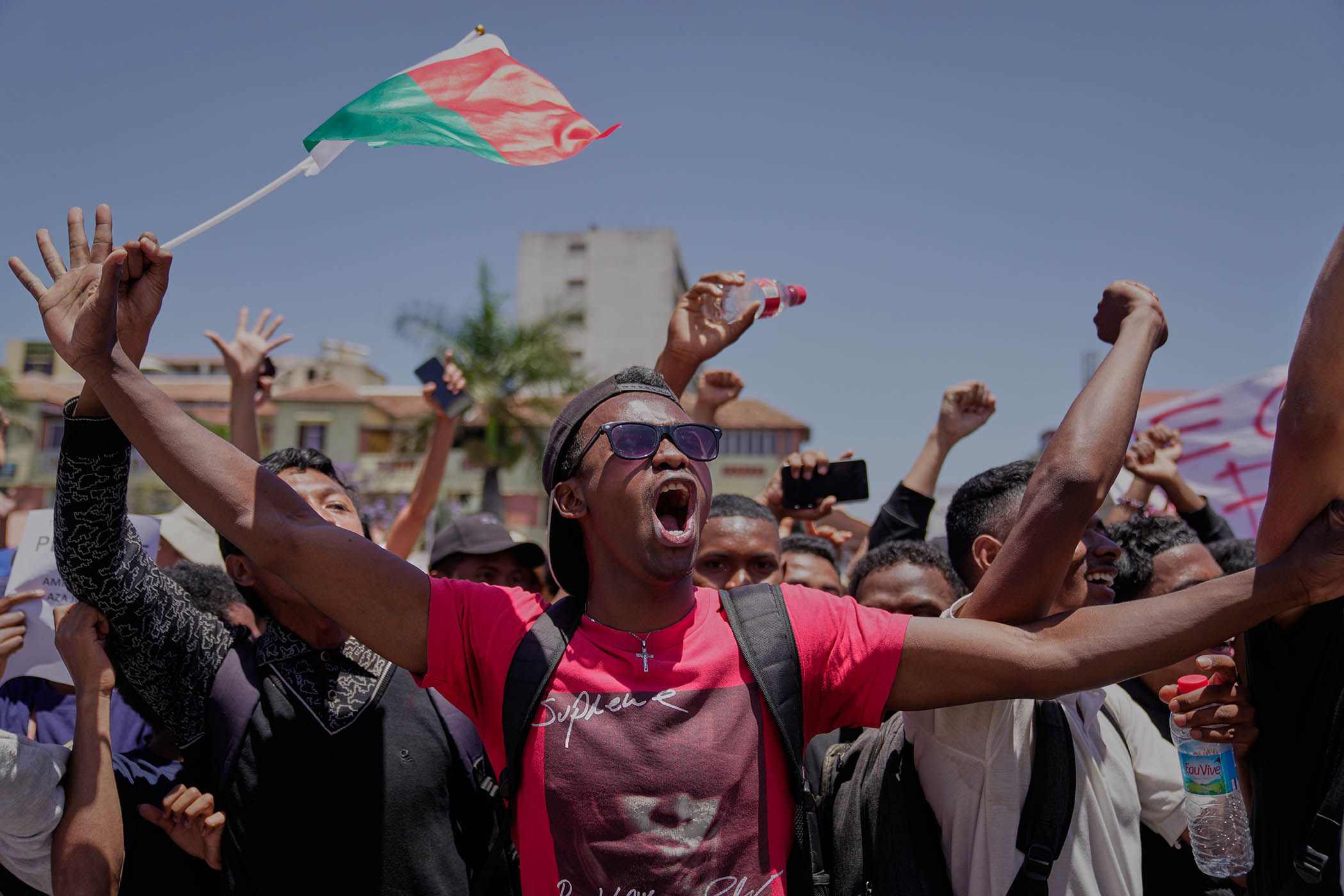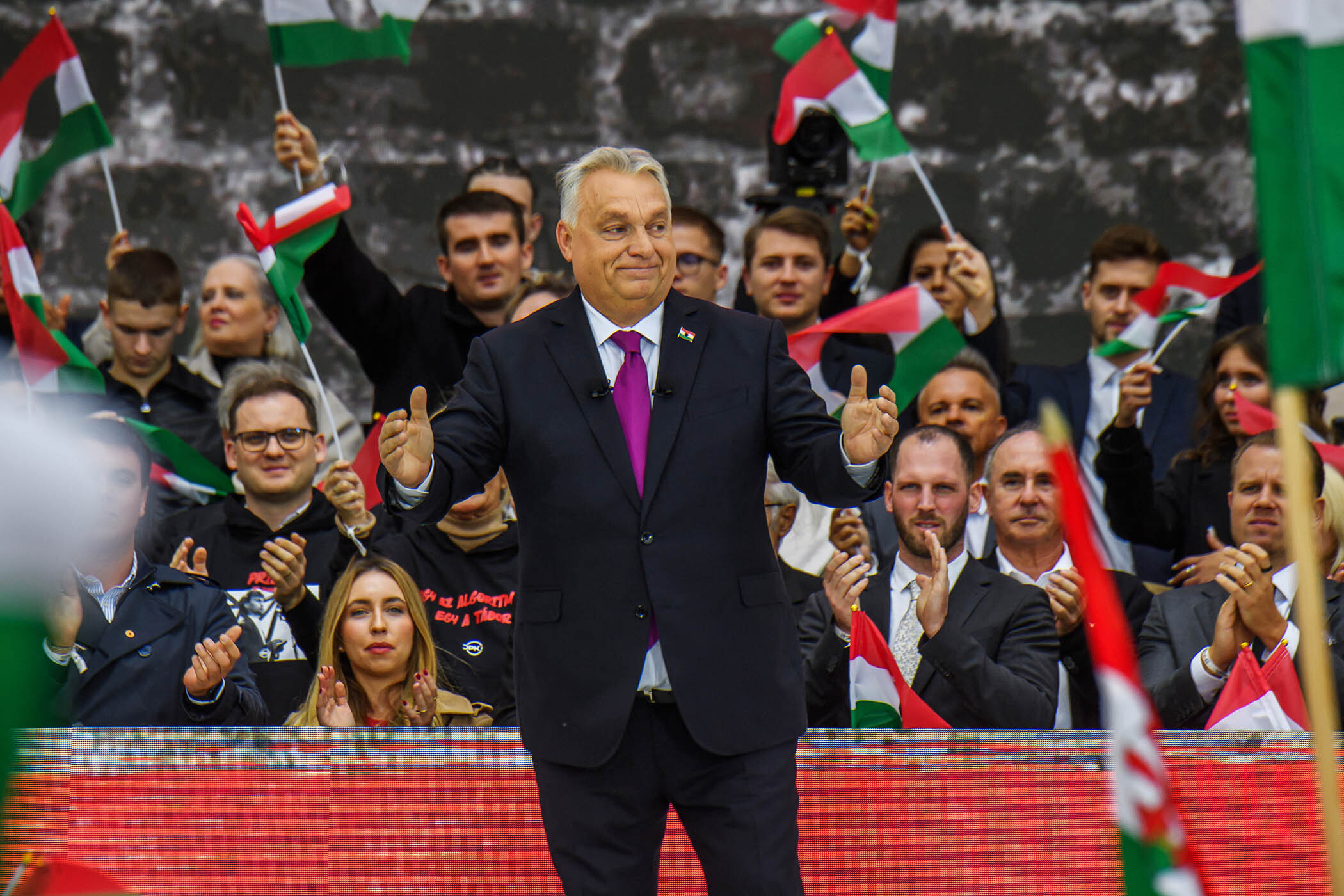An elite military unit seized power in Madagascar last week after youth-led protests forced its president to flee.
So what? Madagascar is not the only country rocked by unrest. A wave of protest is spreading across the world, as young people from Peru to Nepal take to the streets to vent their anger against entrenched elites and a lack of opportunity. These movements are mostly
•
leaderless;
•
spearheaded by Gen Z; and
•
organised on social media.
Fed up. Local grievances shape these protests. Young Kenyans are angry about police violence and tax rises. Spending on football stadiums for the 2030 World Cup has caused outrage among Moroccans, who want their government to prioritise crumbling hospitals. Madagascar’s chronic water shortages helped fuel its uprising.
United. But the movements also have common themes. Protesters have voiced discontent with endemic corruption, widening inequality and a lack of jobs.
Very online. Gen Z were born between 1997 and 2012, making them the first generation to grow up as digital natives who have never known life without the internet. In Morocco and Nepal, for example, protests have been organised on Discord, a chat app mostly used by gamers.
Flaunting it. At the same time, elites who previously enjoyed their luxury lifestyles in private now flaunt them on social media. In Kenya, MPs upload TikTok videos of high-end car collections, while the hashtag “Nepobaby” defined the protests in Nepal, after an official’s son posted a photo of himself next to a Christmas tree made of Gucci and Louis Vuitton gift boxes.
Thwarted aspirations. Older members of Gen Z came of age in an era of pandemic lockdowns, sluggish economic growth, high inflation and fiscal belt tightening. They are also far more likely to have attended university than their parents and grandparents, even though many graduates can’t find skilled work.
Case in point. More than a third of Africans aged 15 to 35 are unemployed. Another third has no job security and only one in six receives a steady monthly salary. Most new jobs on the continent are in the informal sector. This entrenches poverty and inhibits social mobility.
The result. Africa is at the forefront of the new age of revolt. Last year more than 11,000 protests took place across the continent, up from just 317 in 2004, according to the conflict monitor Acled.
Change. Gen Z protesters are not just shouting into the void. In the past three years, they have toppled governments in Sri Lanka, Bangladesh and Nepal. Madagascar is the latest.
Newsletters
Choose the newsletters you want to receive
View more
For information about how The Observer protects your data, read our Privacy Policy
Double-edged. The online nature of these movements is their greatest strength and biggest weakness. They are loosely organised, without leaders who can be co-opted or jailed. Social media also focuses outrage, uniting strangers in a common cause, and helps people bypass authorities seeking to control flows of information.
Weakness. But these movements often fail to effect lasting change. This is partly because they struggle to articulate a coherent vision for the future and take collective decisions. The successful revolutions of the past century, such as those in Russia and Ethiopia, were spearheaded by tightly controlled organisations that stamped out competitors.
Lesson from history. Egypt’s revolution between 2011 and 2013 is instructive. It was one of the first to feature widespread use of social media. But it was hijacked by the military, which seized power to establish an authoritarian regime. Madagascar could be heading down this path. One of its colonels swore himself in as president on Friday after taking control of the state.
That said… even if they fail, Gen Z protests will continue to be a major global trend. Young people’s grievances about poverty, corruption and poor public services are not going anywhere.
Photograph by Brian Inganga/AP Photo



